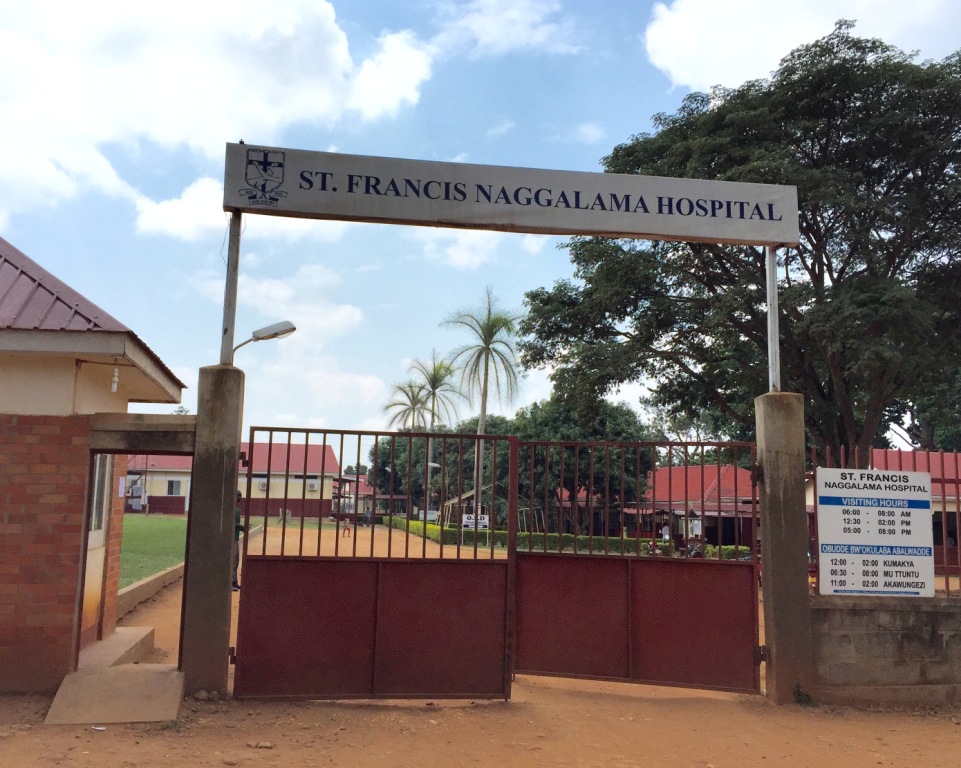In a joint effort involving the Ugandan Government, the Food and Agriculture Organization of the United Nations (FAO), Moroto District Local Government, CARITAS, and VSF Belgium, the Karamoja region has seen thousands of its livestock receive important vaccinations to combat transboundary animal diseases.
Transboundary Animal Diseases (TAD) are a significant concern for the people of Karamoja, as these diseases can threaten their livelihoods. The project’s early warning systems have reported multiple TAD outbreaks, with a specific focus on Foot-and-Mouth Disease (FMD), prompting a substantial vaccination campaign.
The diseases targeted in this crucial initiative include Peste des Petits Ruminants (PPR), Goat pox, Foot-and-Mouth Disease (FMD), Contagious Bovine Pleuropneumonia (CBPP), and Contagious Caprine Pleuropneumonia (CCPP). These vaccinations are part of an ongoing effort to safeguard the livestock that is vital to the region’s communities.
Karamoja has faced recurring crop failures in recent years, affecting food security in the region. In this uncertain agricultural environment, livestock has become a lifeline for local communities, providing nutrition and income. The vaccination campaign aims to protect cattle, goats, and sheep, which are central to the region’s livelihoods, and to reduce the spread of diseases that can harm animal health and food security.
Dr. Bright Rwamirama, the state minister for Animal Industry, played an active role in this effort. He emphasized the importance of continuous vaccination to prevent the recurrence of transboundary animal diseases, which do not recognize borders.
Efforts are being made to address the challenges facing Karamoja’s livestock sector, including providing water sources for livestock to reduce disease transmission. Plans to introduce cattle breeds that yield more beef and milk are also in progress, further enhancing food security in the region.
Dr. Bessong Willington, the head of the FAO’s ECTAD Programme, reaffirmed the organization’s commitment to food security, recognizing the vital role of livestock in Karamoja’s fragile ecosystem. He stressed the importance of transboundary disease control for farmers transitioning to commercial farming and aiming to meet international standards.
The team demonstrated the use of acaricides to local farmers, emphasizing the importance of consistent acaricide use to prevent tick and tsetse fly-borne diseases, such as trypanosomiasis and sleeping sickness in both livestock and humans.
Dr. Anna Rose Ademun Okurut, Commissioner in charge of animal health at the Ministry of Agriculture, highlighted the detrimental effects of diseases on livestock, including reduced milk production, meat quality, and livestock mortality. The vaccination effort successfully immunized 180,000 Tropical Livestock Units, including cattle, goats, and sheep, against various diseases.




















